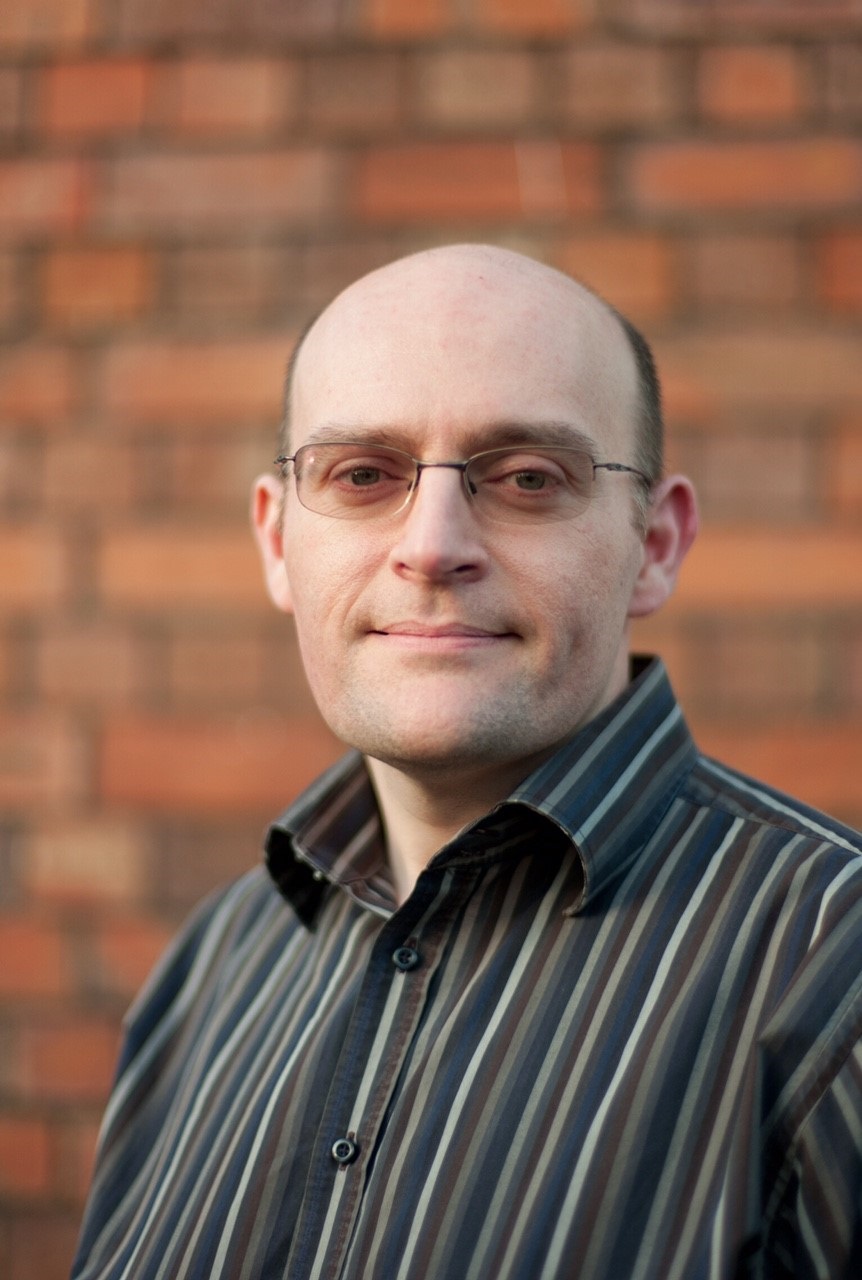

What is your role and who do you work for?
I lead the Technical Testing Practice for Edge Testing Solutions, an independent software testing company. A key part of my role is understanding our client’s challenges and devising strategies to help overcome them.
Today, testing from the user perspective is still important, however, with the increased complexity of modern systems there are many other ways they can fail. My role ensures that we employ the most appropriate technical approaches to testing to investigate different aspects of systems and ensure they will deliver for our client’s end-users or customers.
How long have you been in IT?
Twenty-two years professionally. 35 years a hobbyist, starting with the Commodore 64 and typing in BASIC programs from computer magazines.
What is your most interesting project to date?
I worked on the Faster Payment Service, a 24-7 real-time system needing 99.999% availability and no planned outages. It was very challenging and has made a positive impact on most people in the UK, even if only in a small way.
The ability to move funds around quickly and efficiently helps drive the economy from the perspective of everyday people, enabling internet banking, mobile payments and similar things we now take for granted. I learned a lot during that project, and enjoy sharing that knowledge with members of the Edge Testing team.
What is your biggest challenge at the moment?
People don’t understand the value of quality and are reluctant to invest in achieving it. But they tend to be unhappy when they don’t get it! Too often testing firms are brought in to clean up a mess, when the better solution is to build quality in from the start.
What technology were you working with ten years ago?
That coincides with the Faster Payments work, so iTanium servers and ISO 8583 messaging.
What is your favourite technology of all time?
The pen (or chisel, if you want to get biblical…). Capturing knowledge and sharing it is what frees us from having to learn everything for scratch all the time. Computers and the internet are pen and paper turned up to 11.
How will the Internet of Things affect your organisation?
A move away from testing application to testing devices needs new approaches and harnessing of new tools. Everyone needs to be more comfortable with testing lower level technologies. You also need a deeper understanding of what can go wrong, as there are many potential failure states we need to investigate. We already offer The Open Device Lab, where we test apps over 60 handsets and tablets and are discussing an IoT Lab with our clients.
What smartphone do you use?
iPhone – I love Apple’s tightly integrated ecosystem.
What three apps could you not live without?
Mail to coordinate my life (I don’t do Facebook, sorry). TomTom to get where I need to be and route around jams (this is technology in action, and illustrates the shift from devices to services). Safari is my window on what is happening in the world.
What new technology are you most excited for a) your business and b) yourself?
Ubiquitous computing in both cases. Computing is more omni-present and more important in everyone’s lives; we at Edge Testing help make that work. Pushing the system into potential fail-states, seeing how it behaves. If you think defining everything a system should do is hard, think how much more difficult it is to define everything it shouldn’t do.
The only way to really understand a complex, modern system is through exploration and ‘what if’ scenarios. We do that for our clients and help address issues before the end user gets anywhere close to them. The job gets ever more complex, but that just makes it more interesting and rewarding! From a personal perspective, I feel we are fast approaching the point where devices are just a window into the cloud, whether that’s a smartphone, watch or more traditional device.
Add in smart TVs and connected speakers and we can access content anywhere that’s convenient. IoT devices take information the other way, and we are both surrounded by and carrying around (or wearing…) more of these than ever before. Again, the trick is making it work smoothly.
If you weren’t doing the job you do now, what would you be doing?
Some other aspect of computing, I’m sure. I studied Ergonomics so maybe UX design.
American space agency prepares for testing of Boeing's Starliner, to ensure it has two space…
As UK and Europe develop closer military ties, European Commission says it will invest €1.3…
Zuckerberg seeks to revive Facebook's original spirit, as Meta launches Facebook Friends tab, so users…
Notable development for Meta, after appeal against 2021 WhatsApp privacy fine is backed by advisor…
First sign of shake-up under new CEO Lip-Bu Tan? Three Intel board members confirm they…
Trump's nominee for SEC Chairman, Paul Atkins, has pledged a “rational, coherent, and principled approach”…